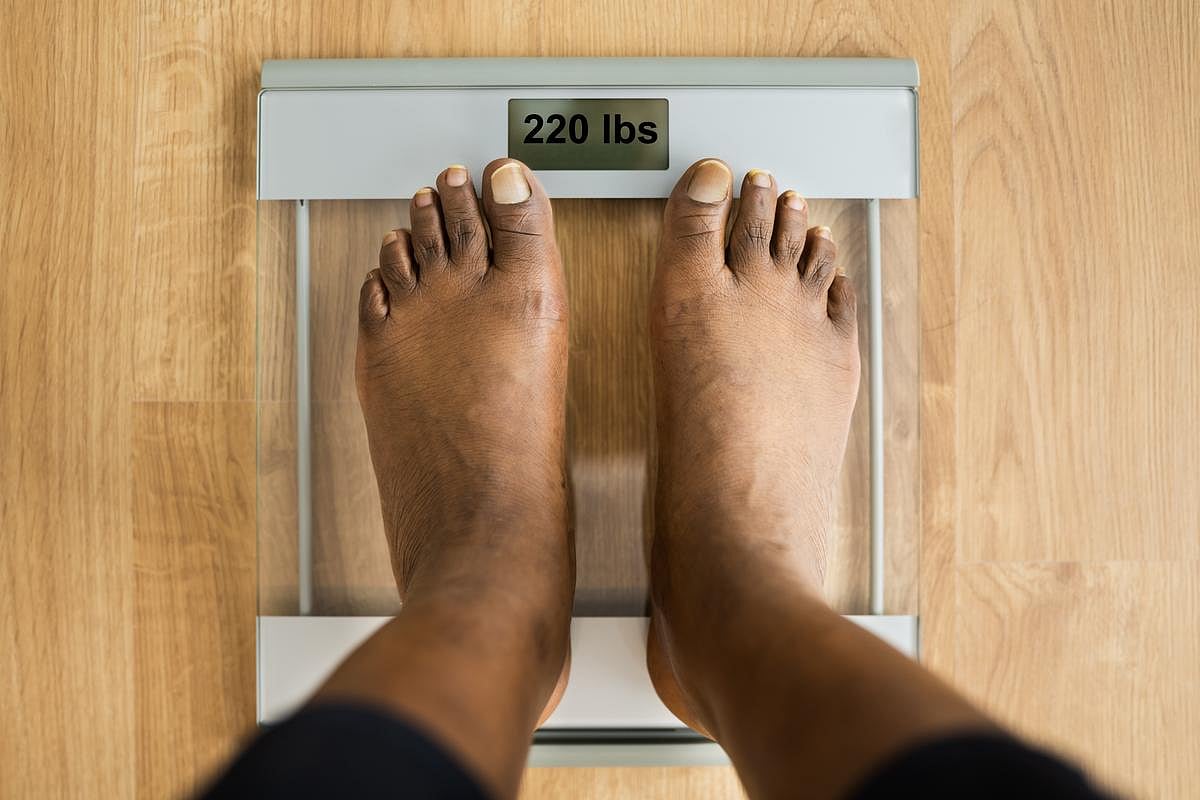Due to a recent change in our pharmacy software system, the process for submitting refill requests online has now changed.
Our previous mobile app and your current login credentials will no longer work.
Please click the Patient Portal tab to begin the new process.
Thank you for your patience during this transition.
Get Healthy!

- Dennis Thompson
- Posted January 14, 2025
The New Definition of Obesity
The way obesity is diagnosed needs to become more sophisticated, an international commission has concluded.
Using body-mass index (BMI) to tell who is overweight or obese is not reliable, and can result in misdiagnosis, the Commission on Clinical Obesity says in a new paper published today in The Lancet Diabetes & Endocrinology.
“People with excess body fat do not always have a BMI that indicates they are living with obesity, meaning their health problems can go unnoticed,” commission member Dr. Robert Eckel, chair of atherosclerosis with the University of Colorado Anschutz Medical Campus said in a news release.
“Additionally, some people have a high BMI and high body fat but maintain normal organ and body functions, with no signs or symptoms of ongoing illness,” Eckel added.
Instead of BMI, the commission recommends that obesity be diagnosed through one of these methods:
Using another measurement of body size (waist circumference, waist-to-hip ratio or waist-to-height ratio) along with BMI.
Using two of those body size measurements without BMI.
Making direct measurements of body fat using sophisticated scans.
Assuming that people with very high BMI above 40 are clinically obese.
“Relying on BMI alone to diagnose obesity is problematic as some people tend to store excess fat at the waist or in and around their organs, such as the liver, the heart or the muscles, and this is associated with a higher health risk compared to when excess fat is stored just beneath the skin in the arms, legs or in other body areas,” Eckel said.
The commission also recommends that doctors be allowed to diagnose either clinical obesity or pre-clinical obesity, depending how excess weight is affecting health.
Clinical obesity would be diagnosed using objective signs that excess weight is affecting a person’s health, such as breathlessness, heart failure, knee or hip pain, or kidney problems, the commission recommended.
Overall, there would be 18 different criteria for diagnosing clinical obesity in adults, and 13 for children and teenagers.
Pre-clinical obesity would involve excess weight that isn’t affecting a person’s organs. These patients don’t have ongoing illness, but they do have an increased risk for clinical obesity as well as other health problems like type 2 diabetes, heart problems, and certain cancers, the commission said.
The commission says its reframing of obesity should help patients receive more appropriate advice and care from their doctors.
“This nuanced approach to obesity will enable evidence-based and personalized approaches to prevention, management and treatment in adults and children living with obesity, allowing them to receive more appropriate care, proportional to their needs,” commission member Louise Baur, chair of child and adolescent health at the University of Sydney in Australia, said in a news release.
“This will also save healthcare resources by reducing the rate of overdiagnosis and unnecessary treatment,” Baur added.
The commission included 56 international experts across a broad range of medical specialties, including endocrinology, internal medicine, surgery, biology, nutrition and public health.
"Studies show that the way obesity is usually talked about adds to weight stigma, making it harder to prevent, manage and treat,” commissioner Joe Nadglowski, president and CEO of Obesity Action Coalition, said in a news release.
“The approach proposed by this Commission can help clear up misconceptions and reduce stigma,” Nadglowski concluded. “We also urge better training for healthcare workers and policymakers to tackle this issue.”
More information
The National Institutes of Health has more on obesity.
SOURCE: The Lancet, news release, Jan. 14, 2025





